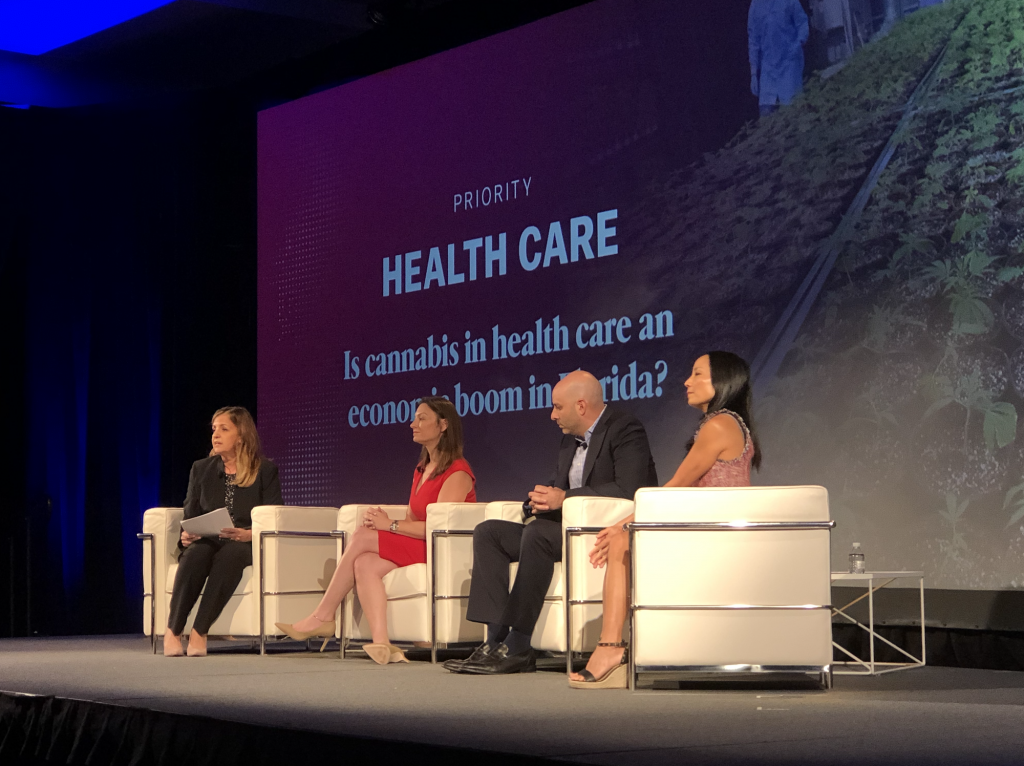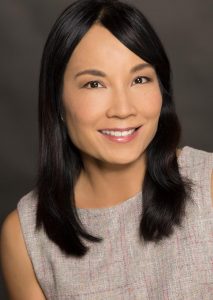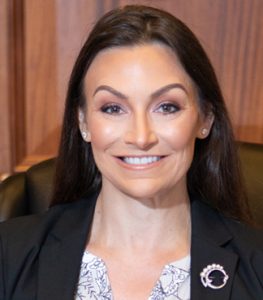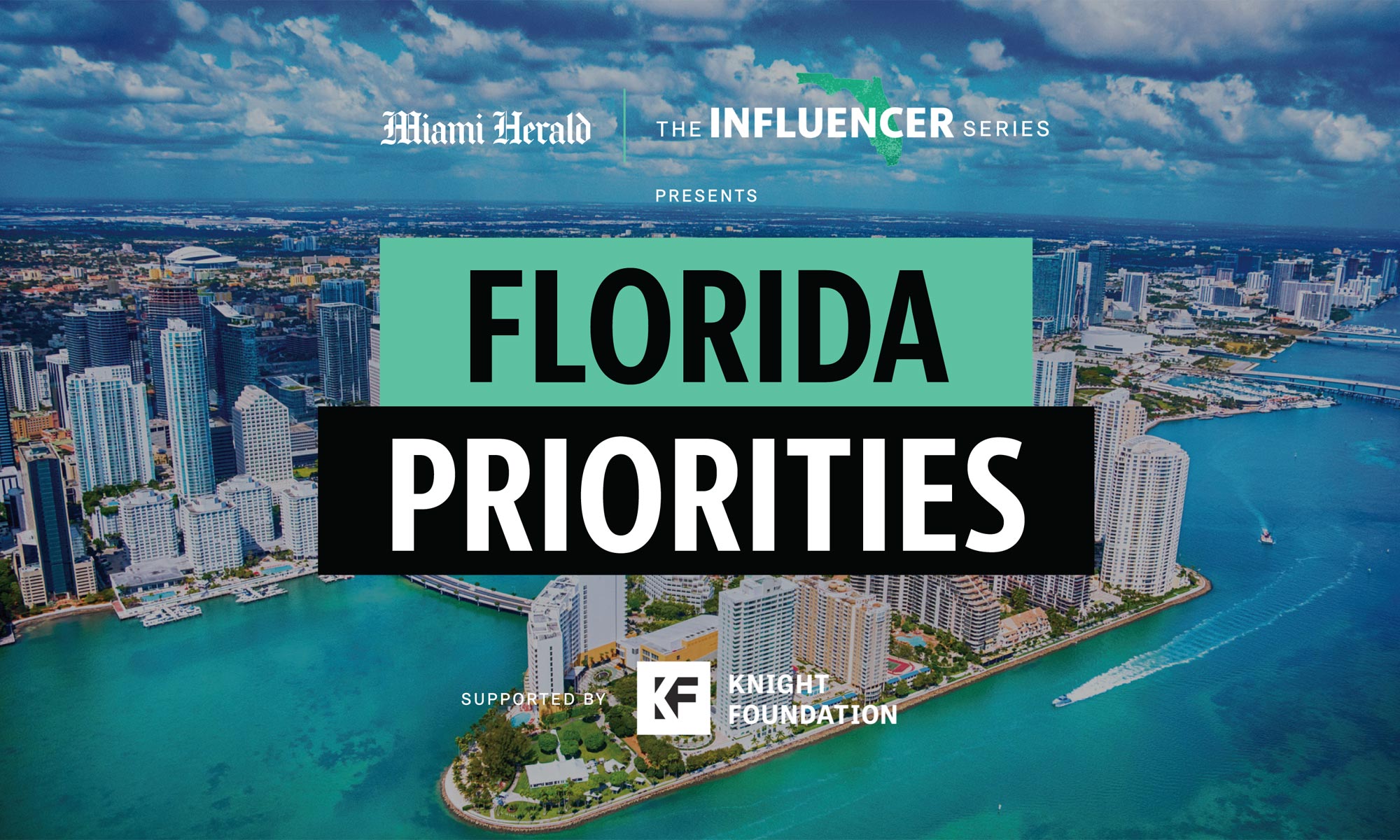
By Ana Escalante
The Alligator / University of Florida
Experts from throughout Florida met Tuesday to discuss the state’s budding industry: cannabis.
Fifty of Florida’s influential leaders came together to discuss the growing concern over the use of medical marijuana during the Florida Priorities Summit at the University of Miami.
Florida is one of 33 states where residents can legally purchase medical marijuana after obtaining a state-issued card following a doctor’s visit.
From April 2018 to April 2019, the number of medical marijuana dispensaries has more than tripled, growing from 46 to to 148, according to the South Florida Sun-Sentinel.
Despite the Food and Drug Administration not having approved cannabis yet, medical marijuana in Florida is set to become a “billion-dollar-industry” over the next few years, with over 200,000 active patients on the registry, according to Amy Driscoll, the Miami Herald’s politics and health policy editor.
Here’s how a doctor, patient and an elected official see the cannabis boom around the state:
Dr. Ann-Marie Wong, medical marijuana physician
The two active components in medical marijuana — THC, or Tetrahydrocannabinol and CBD, cannabidiol — work together to ease pain, reduce anxiety, and control aggressive behaviors according to Ann-Marie Wong, a medical marijuana physician.

Medical marijuana can be administered through topical creams, pills, or vaporizer cartridges. Edibles, appealing to older patients, aren’t legal yet, Wong said.
The state has determined 10 conditions that can qualify a patient for marijuana use, including HIV, cancer, terminal illnesses and chronic pain, Wong said.
This approach leaves out patients who don’t fit these labels, leading to physicians administering cannabis under a comparable basis. For example, a patient who suffers from severe anxiety could have access to THC, by comparing their illness to PTSD, a top 10 condition.
“We do that fairly often because a patient doesn’t always fit into those categories, but they need the medication,” Wong said.
Without FDA approval, insurance companies won’t cover medical marijuana-related expenses. Wong said patients have to pay cash when going to dispensaries.
Wong’s practice in North Miami tries to use a sliding scale to be accommodating for those who don’t have the financial means to pay for medical marijuana.
“There’s quite a few patients out there in Florida who can’t afford to pay out of pocket for these things,” she said.
Jenna, 20-year-old University of Florida student.
After a long day of studying in the library or working on research, Jenna likes to go home, relax, and hit her THC vape pen.
She’s one of the few in her friend group to receive a medical marijuana card from the state of Florida. After getting getting approved in January after a cannabis doctor’s visit, Jenna has visited her local dispensary once a month. She pays about $40 for THC drops and cartridges every visit.
Her mother, who received her card a few months before Jenna’s, helped her daughter research the benefits medical marijuana provides to alleviate anxiety and insomnia.
Jenna’s method of choice? Vaporizing.
“It takes into effect quicker,” she said. “If I were to be in a stressful situation, I get my pen and it puts everything at ease.”
Despite legalization, Jenna believes a stigma still exists around medical marijuana, especially at her age. She declined to give her last name out of fear of employers looking negatively at her use.
Even though she believes medical marijuana is the future of medicine, she knows it’s an uphill battle for others to catch on.
“If you could take the money that’s used in manufacturing prescriptions for Big Pharma and put it in research towards natural methods that people have been using for years,” Jenna said. “It would solve a lot of problems in health care.”
Nikki Fried, Florida Agriculture commissioner
When the audience asked panelists on whether or not they would support a dispensary near or on a college campus, Nikki Fried, Florida’s commissioner of Agriculture and Consumer Services, looked back on her experiences at UF.

Fried said her parents sat her down to talk about substances she would encounter in before she began her freshman year in 1995.
“They said, we don’t want you to drink or smoke,” Fried said. “But if you’re going to have to do one of them, we’d rather you smoke.”
In the last two years alone, 10 cannabis dispensaries have opened near Fried’s alma mater in Gainesville. To her, the future of health care is intertwined with the future of medical marijuana.
Fried said you don’t hear violence associated with marijuana in college, but rather, more of alcohol-driven incidents. The access to a safe, controlled substance, like medical marijuana may curb some alcohol problems when students are surrounded by bars, she said.
“Obviously, we don’t want people to abuse [cannabis],” Fried said. “We want to make sure there’s an education component also.”
